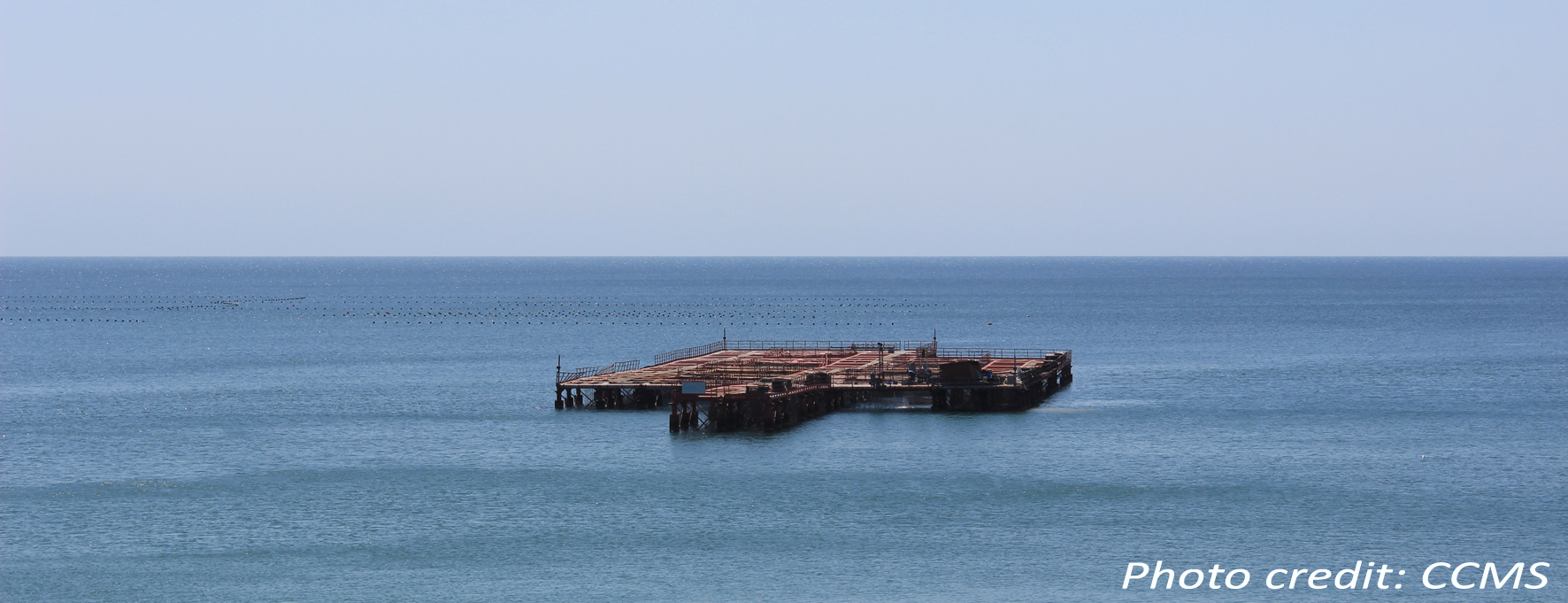
The European Commission has published its annual EU Blue Economy Report to take stock and uncover the latest trends and developments in all economic sectors related to the oceans and coastal areas. With close to 4.5 million people employed, a turnover of more than €665 billion and €184 billion in gross value added, the EU blue economy sectors contribute significantly to the EU’s economy, especially in the coastal regions. Moreover, the report notes that the EU’s blue sectors are a spawning ground for innovative solutions and technologies that can help fight climate change and take the green transition to the next level. It also points at the high cost of inaction to fight climate change, as the damage of rising sea levels could cause a direct loss of more than €200 billion per year by 2080 in the EU.
On the basis of preliminary 2020 data, the Report provides an assessment of Covid-19 effects in the turbulent year 2020. The analysis confirms that Covid-19 had a significant impact on most blue economy sectors. This impact has been more than proportional, compared to the rest of the EU’s economy. This can be explained by the major share of coastal tourism in the EU blue economy – 44% of the total GVA and 63% of employment – which has been hit especially hard during the first year of the pandemic, to more than halve its original size based on preliminary figures.
The report highlights the significant potential for further growth of the blue economy by the development of the emerging and highly innovative sectors, such as the blue bioeconomy, blue-tech innovation and robotics, and ocean energy technologies. Although generally in their infancy, these technologies have the potential to offer sustainable solutions that can accelerate the transition needed for the EU to deliver on its ambitious sustainability commitments.
And such a transition is needed, for the oceans to remain a provider of crucial ecosystem services, such as biodiversity, carbon capture, food and materials. However, marine ecosystems are under pressure of climate change and pollution from plastic litter, excessive nutrients and chemical contaminants. To tackle the long-term impacts of those pressures, the EU strives to monitor and anticipate the underlying trends and inform EU policymaking accordingly.
Originally published by the European Commission`s Directorate-General for Maritime Affairs and Fisheries
Read the full report here: https://ec.europa.eu/oceans-and-fisheries/publications/eu-blue-economy-report-2022_en
